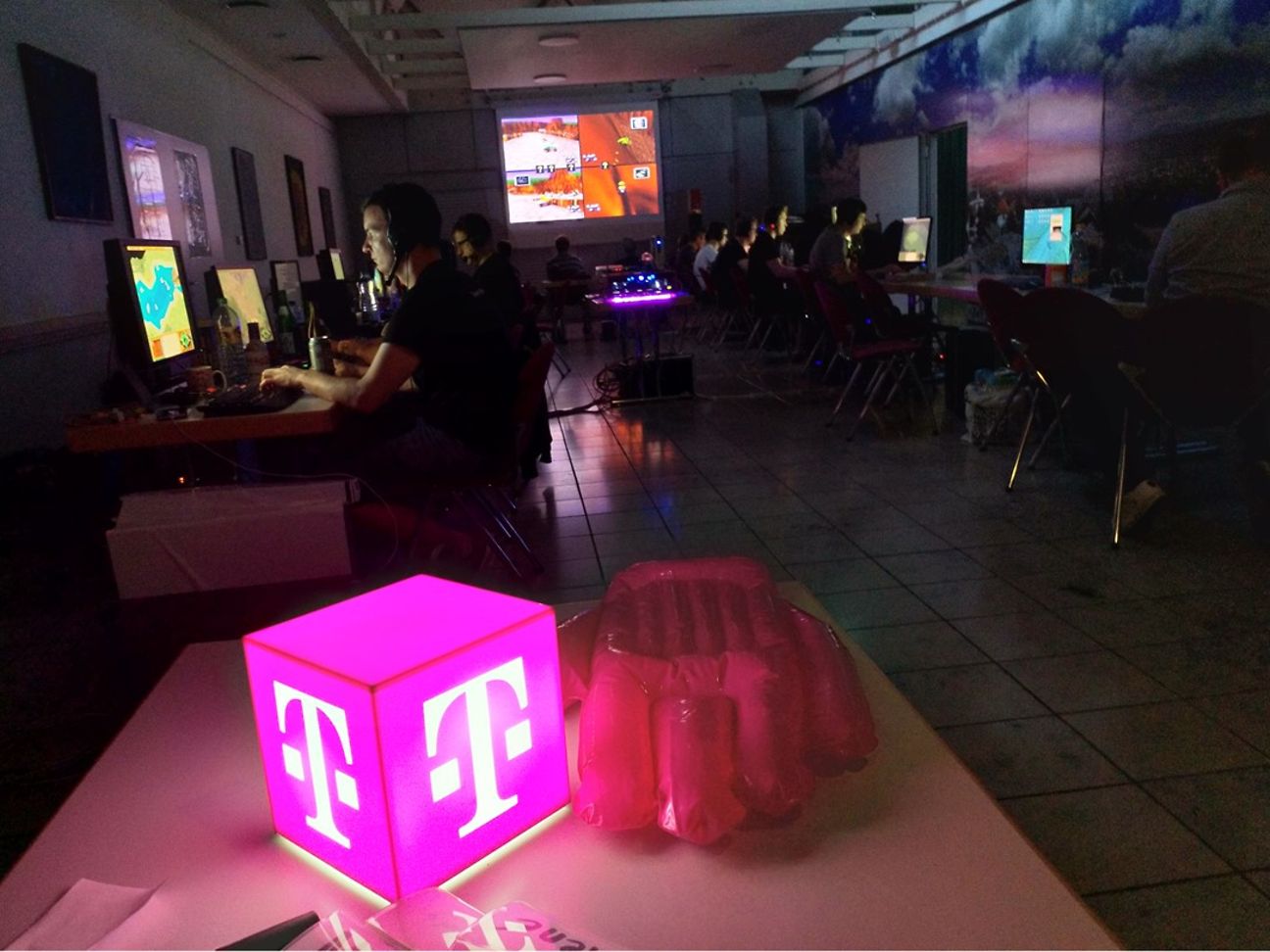

Gaming – especially eSports – is all the rage. Now, Deutsche Telekom has entered this field as well, by becoming a main sponsor of SK Gaming, a leading eSports organization. What led the company to take this step? To answer this
Before we begin, however, we have to answer a more basic question: What is the difference between an eSports "eAthlete" and a gamer? The answer is really quite simple. eAthletes compete professionally, as part of organized teams playing multiplayer games such as League of Legends. As professional competitors, they can be likened to the professional athletes competing in sports such as soccer. While top-level eAthletes earn their livings with eSports, many eAthletes also compete semi-professionally, at lower levels such as district leagues. Gamers, by contrast, tend to be amateurs, and few gamers reach the skill levels seen in eAthletes.
How does this relate to work?
Now a word about me and my community. I work in customer service, primarily in customer advising. The Group operates an internal social media platform that is open to all employees. Within our social network, which is known as "YouandMe," or "YAM," we can form groups. In 2012, I decided to establish a gaming group, called "Gaming@Telekom." In the beginning, I administrated the group by myself, but two additional administrators have since come on board. We are now the largest interest group in YAM.
The biggest challenge we had to face at the outset was that many people saw us as basically useless. We had to put up with a good deal of condescension and even ridicule. People said things such as "that doesn't have anything to do with work, and it doesn't really belong in a company's internal network." We simply pressed ahead with our project, undeterred. And, as it happened, we began to receive some support.
We continued to build our sense of community, via various activities in cyberspace (for example, by forming a World of Warcraft guild) and in the real world (for example, by hosting a LAN party within the company). And one of the nice results of our activities was that they showcased the fascinating world of gaming and – later on – eSports.
From employee idea to Management Board agenda item (almost)
In 2013, we started publishing articles about eSports, and we soon realized that the Group had not really grasped the relevance of this subject. We continued to report on gaming, and we got our community brainstorming about how Deutsche Telekom could get involved in the field of eSports. We had plenty of lively discussion, and all kinds of ideas were floated. We also started thinking about how Deutsche Telekom could have a presence at GamesCom. We still weren't getting much encouragement outside of our community, however. At the same time, we noted with interest that Deutsche Telekom subsidiaries, such as Telekom Romania and T-Mobile US, had already become active in eSports.
Then we saw an opportunity for a breakthrough. We saw that the Telekom BarCamp 2017 was going to include a Board of Management meeting that would be "public," i.e. open to all employees. And all employees would be eligible to submit topics for discussion at that meeting. We then turned to our community, because the agenda was going to be formed around the results of a vote on the topics submitted. As it happened, we didn't make it onto the agenda, but we sure attracted a great deal of attention. And we quickly got invited to meet with management. The upshot of it all was that Deutsche Telekom decided to enter the field of eSports. That is a result that I, and our entire community, are mightily proud of!

